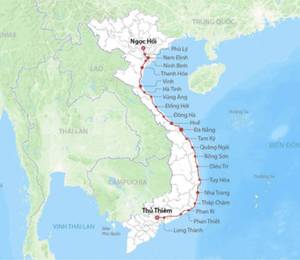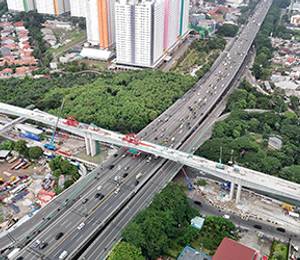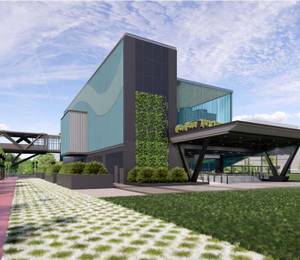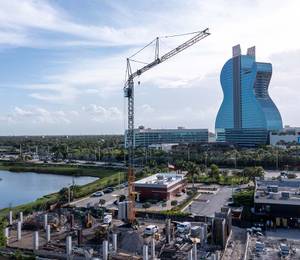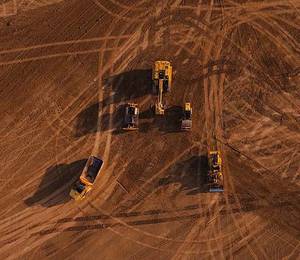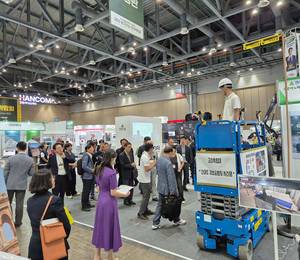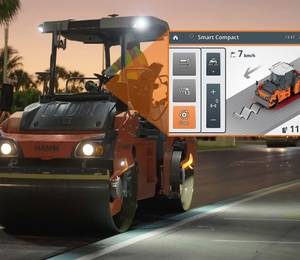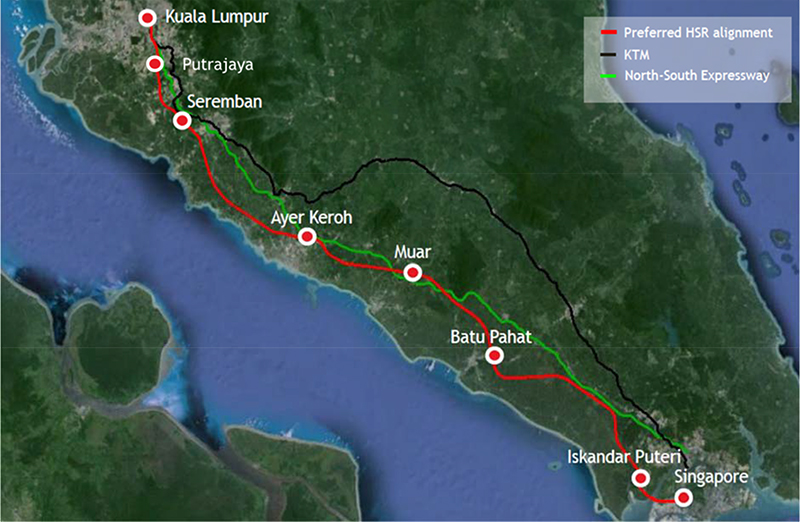Singapore’s Land Transport Authority (LTA) and Malaysia’s Land Public Transport Commission (SPAD) have signed the Memorandum of Understanding (MOU) on the Kuala Lumpur-Singapore High Speed Rail (HSR) Project.
The MOU captures the key points of agreement on the project, which include the technical parameters, commercial model, customs, immigration & quarantine (CIQ) clearance, safety & security matters, regulatory framework, as well as project management. In addition, the MOU will guide the development of a legally binding bilateral agreement to be signed by both countries towards the end of this year. The MOU also reiterates the countries’ commitment to ensure that all project tenders are conducted in an open, fair and transparent manner, so as to encourage participation from technology and service providers worldwide.
Singapore and Malaysia have agreed that each will take responsibility for developing, constructing and maintaining the civil infrastructure and stations within their own countries, which will be undertaken by MyHSR Corporation and LTA (as InfraCos) in Malaysia and Singapore respectively. Through international tenders, an assets company (AssetsCo) will be appointed to provide and maintain the HSR trains and its associated systems (e.g. track, power, signalling and telecommunications), while two train operating companies (OpCos) will be appointed to operate the HSR services. OpCo International will operate the cross-border services (i.e. the Express Service and the Shuttle Service), while OpCo Domestic will operate the Domestic Service within Malaysia.
It is planned that the HSR will have eight stations – the termini in Bandar Malaysia and Singapore, and six intermediate stations in Putrajaya, Seremban, Ayer Keroh, Muar, Batu Pahat and Iskandar Puteri. All stations will be designed to integrate with the local public transport systems to ensure seamless connectivity. The trains will run at a top speed of more than 300 km/hr. To facilitate swift and seamless travel, both countries have agreed to co-locate CIQ facilities at three locations – Singapore, Iskandar Puteri and Kuala Lumpur – so that international-bound passengers will need to undergo CIQ clearance by both Malaysia and Singapore authorities only at the point of departure.
Singapore and Malaysia have also agreed to form a bilateral committee comprising representatives from both governments to manage and regulate aspects of the project, which might impact the cross-border services. In addition, a Joint Project Team comprising representatives from MyHSR Corporation and LTA will be formed to coordinate joint aspects of planning and development works prior to the commencement of operations. As a next step, the Joint Project Team will call for an international tender next month to appoint a Joint Development Partner to provide technical support to both countries on the project.
HSR operations are expected to commence by around 2026.
In another statement, LTA said it will be calling an advance engineering study (AES) tender to invite bids from consultants to carry out engineering studies for the Singapore stretch of the HSR project. The AES will include looking into the HSR alignment within Singapore, the architectural and engineering design of the terminus in Singapore, noise and vibration issues, as well as the preparation of tender documents for the construction phase of the project. The tender will be called within the next month. The AES is expected to commence by the first quarter of 2017 and will take about 18 - 24 months to complete.
